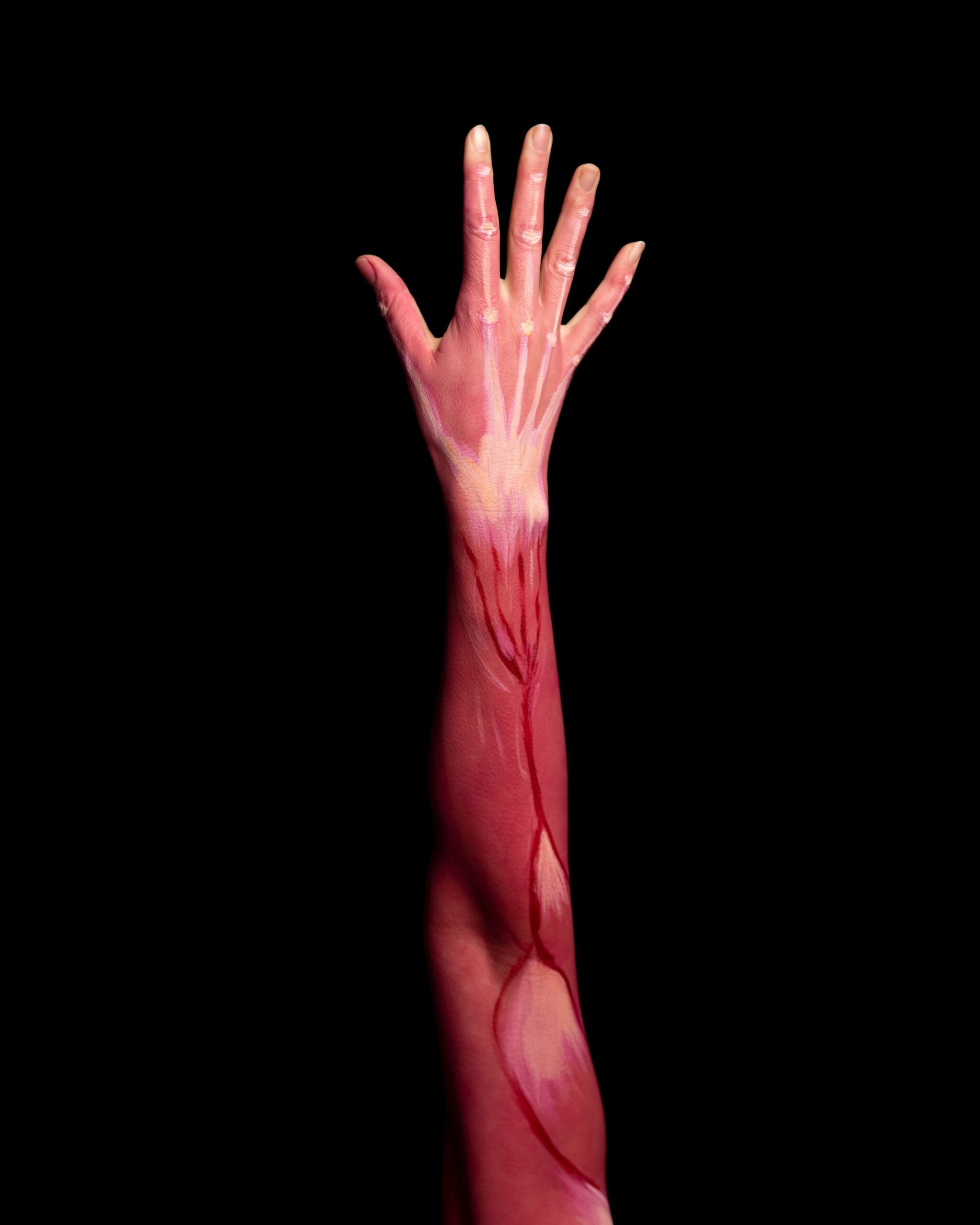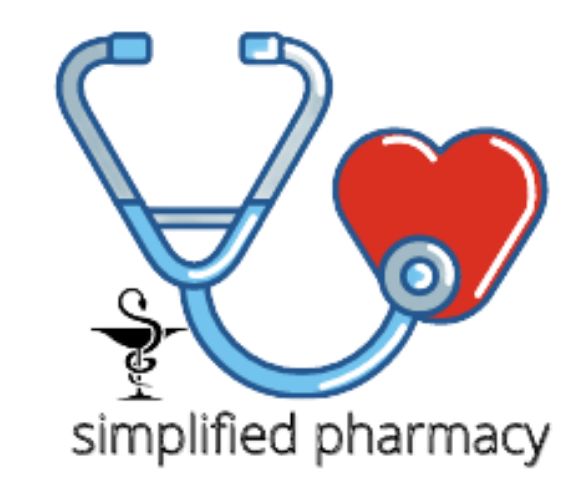
Potential link between statins and rhabdomyolysis, a condition that demands our attention, especially in specific patient populations.
statins stand out as widely prescribed drugs that help lower cholesterol and prevent heart disease. However, did you know that a connection exists between statins and a condition called rhabdomyolysis, which can lead to serious muscle problems? A recent case involving a patient with liver disease has shed light on this potential link, prompting us to delve into the intricacies of statin use and its implications.
The Patient’s Journey
Meet Sarah, a 60-year-old woman managing liver issues caused by non-alcoholic fatty liver disease. Sarah’s health challenges extended beyond her liver, as she also dealt with heart-related problems. In an effort to address these concerns, her doctor prescribed her a high dose of a statin medication known as atorvastatin, hoping it would aid her condition.
However, a few weeks into the treatment, Sarah’s physical state took a troubling turn. She experienced profound weakness in her muscles, particularly in her arms and legs. This debilitating effect caused her to suffer a fall due to her newfound lack of strength.
Connecting the Dots
Sarah’s trip to the hospital uncovered a concerning reality: her muscles were breaking down rapidly, a condition known as myopathy. This issue, when severe, can lead to rhabdomyolysis – a dangerous state where muscle breakdown releases harmful substances into the bloodstream. Astonishingly, Sarah’s liver function also began to deteriorate, suggesting a worrisome connection between her liver health and the medication she was taking.
This link isn’t coincidental. It’s known that statins, although widely beneficial, can sometimes trigger myopathy, especially in individuals with liver disease, particularly those with advanced stages of liver damage. Sarah’s story serves as a stark illustration of this unfortunate interplay between her liver condition and the medication she was prescribed.
Balancing Act
Sarah’s story illuminates the fact that medications are not a one-size-fits-all solution. While statins offer substantial advantages for many, they might not be suitable for individuals with certain health conditions, like advanced liver disease. When considering medications, the challenge lies in finding a balance between potential benefits and potential risks.
For those grappling with liver problems, it could be prudent to start with lower doses of statins or explore alternative treatment options with lower risks of myopathy. Additionally, maintaining a close partnership with healthcare providers to monitor for any adverse effects is paramount.
Taking Charge of Your Health
Sarah’s experience underscores the significance of being an active participant in your healthcare journey. If you’re managing liver disease or other chronic conditions, engage in open discussions with your healthcare provider before embarking on new medication regimens. These conversations can lead to informed decisions that prioritize your overall well-being.
Remember, you and your healthcare team are a united front in managing your health. Through collaboration, you can uncover the optimal approach that safeguards your health and vitality.
Conclusion
Sarah’s narrative serves as a poignant reminder of the potential hazards tied to medications, particularly for individuals grappling with specific health conditions like liver disease. While statins have dramatically improved cardiovascular health for countless individuals, they might carry unforeseen risks for some. If you’re contemplating the introduction of a new medication, particularly in light of underlying health concerns, ensure open dialogue with your physician. This partnership empowers you to make well-informed choices that prioritize your health and quality of life.
DISCLAIMER
All content and information on this website are for informational and educational purposes only.
It does not constitute medical, psychological, or health advice of any kind and we do not warrant that the information presented herein is free of any errors or omissions.
We are not providing medical, health care, nutrition therapy, or coaching services to diagnose, treat, prevent or cure any kind of physical ailment, or mental or medical condition.
Although we strive to provide accurate general information, the information presented here is not a substitute for any kind of professional advice, and you should not rely solely on this information.
Always consult a professional in the medical and health area for your particular needs and circumstances before making any medical or health-related decisions.
What to read next?
https://simplifiedpharmacy.com/blog/
